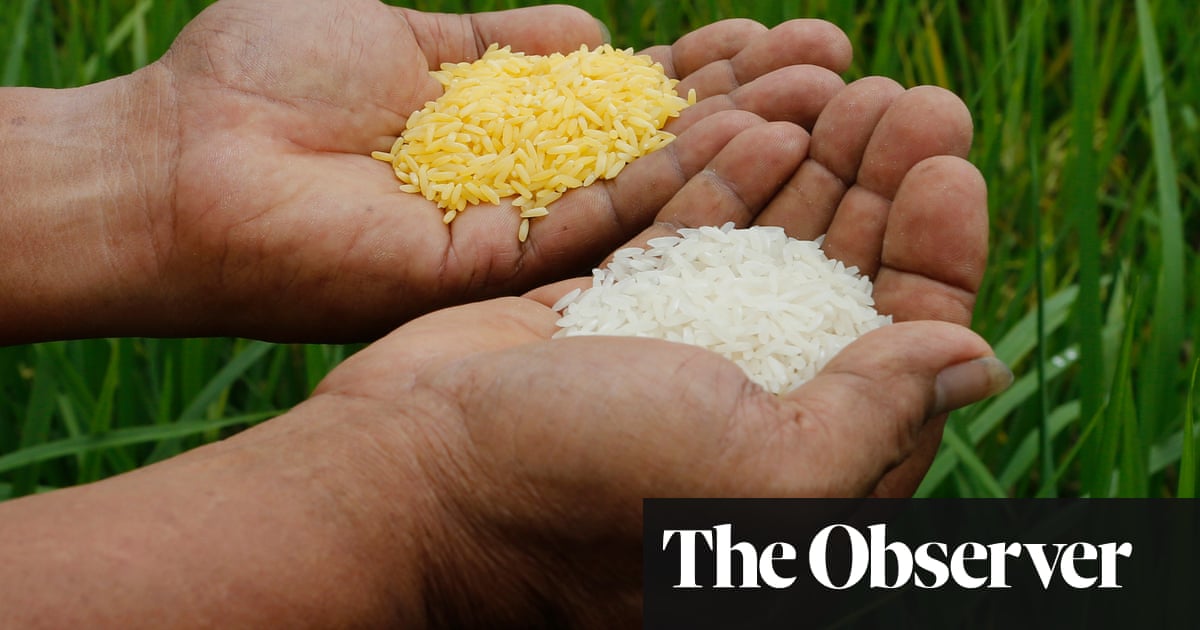- cross-posted to:
- news@lemmy.world
- cross-posted to:
- news@lemmy.world
Thousands of children could die after court backs campaign group over GM crop in Philippines, scientists warn
Scientists have warned that a court decision to block the growing of the genetically modified (GM) crop Golden Rice in the Philippines could have catastrophic consequences. Tens of thousands of children could die in the wake of the ruling, they argue.
The Philippines had become the first country – in 2021 – to approve the commercial cultivation of Golden Rice, which was developed to combat vitamin A deficiency, a major cause of disability and death among children in many parts of the world.
But campaigns by Greenpeace and local farmers last month persuaded the country’s court of appeal to overturn that approval and to revoke this. The groups had argued that Golden Rice had not been shown to be safe and the claim was backed by the court, a decision that was hailed as “a monumental win” by Greenpeace.
Many scientists, however, say there is no evidence that Golden Rice is in any way dangerous. More to the point, they argue that it is a lifesaver.



This is fucking tragic. Golden rice hasn’t been proven safe? It’s fucking rice with a spliced gene to produce vitamin A. This is a life saver plain and simple. Monsanto is fucked for a whole host of reasons, but golden rice is not it. There has been study after study on it just to fucking prove that it’s beta-carotene survived cooking.
When Greenpeace started opposing GMOs that could be patented, I was on board, but they just attack any GMO now.
The GMO gene in Golden Rice is patented. It’s just licensed for use for free in developing countries on small hold farms. A monoculture of golden rice would be less diverse than the current wide range of heritage rice varieties, and there could be over reliance on it which could case issues if there was a blight. Theres some concern that spread of the genes could catch unaware farmers with legal issues, but it’s harder for rice genes to spread than most other crops, as they’re usually self-pollinating. The risks dont seem to outweigh the benefits in this case, but it is more complex than it appears on the surface level. Greenpeace doesn’t seem to be able to use scientific research to back its claims here, and is instead just staying true to it’s anti-GMO message.
actually, even tho rice is mostly self pollinating, it is also a wind pollinator
The idea is to extinguish the other variants, get into a monoculture, and in the future have them completely at Monsanto’s will. This product is patented. There’s no need for patented grains here. They can be helped through many other means and produces.
proven. there’s a list of new inventions that were proven safe in 1950. Do we think they were just idiots back then?
Also its about directing cash from the sale of ‘Golden rice’ far more than about having these folks afford good food.
https://grain.org/en/article/10-grains-of-delusion-golden-rice-seen-from-the-ground
I’m no expert but these folk are almost